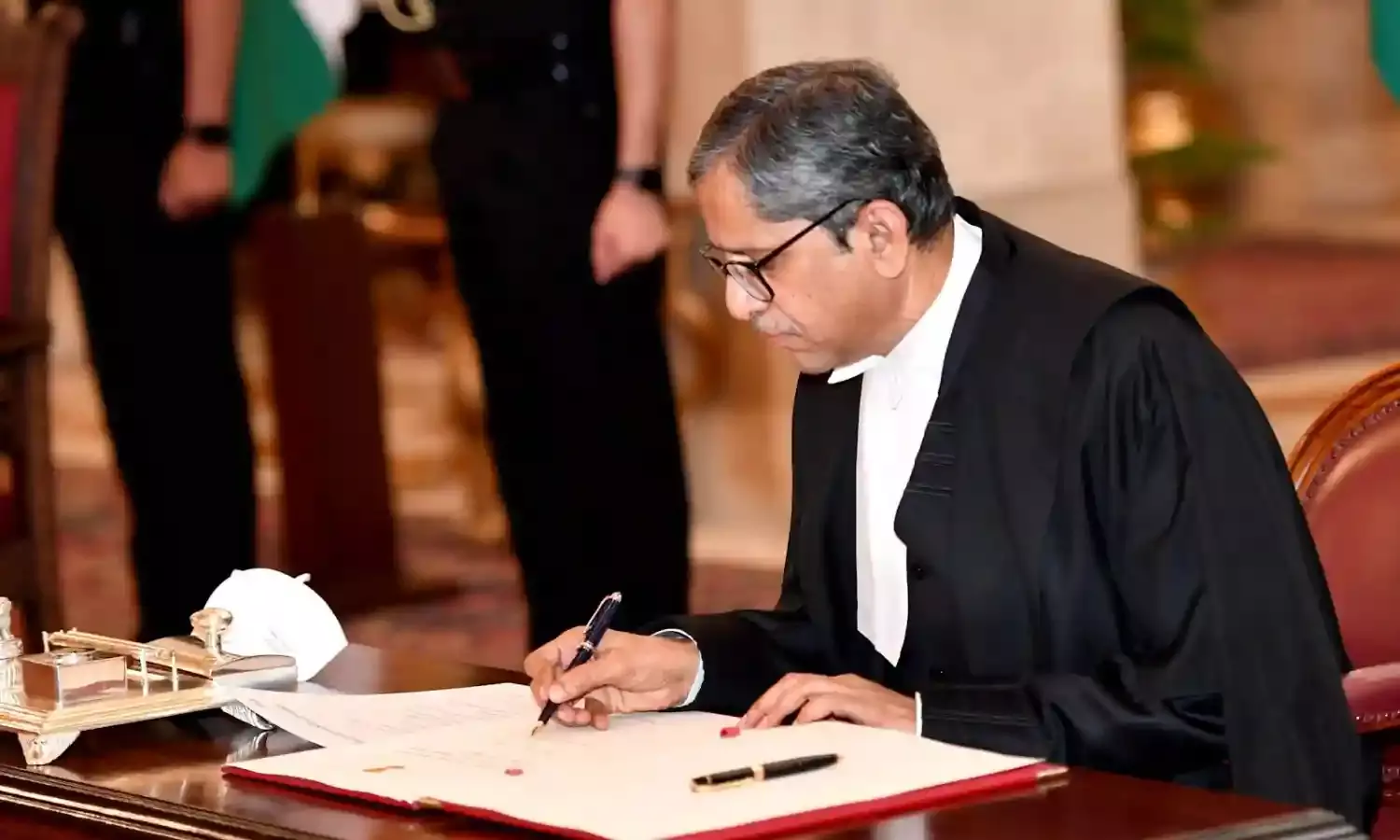Historic Order - SC Puts the Sedition Law in Abeyance
No more cases to be filed under the sedition law till re-examination

The Supreme Court has delivered a historic interim order, placing the 152 year old sedition law under Section 124A of the Indian Penal Code on hold. The bench comprising the Chief Justice of India NCV Ramana, Justice Surya Kant and Justice Hima Kohli held that all pending cases, appeals and proceedings with respect to charges framed under this law be kept in abeyance. And that “adjudication with respect to other sections may proceed with no prejudice to the accused.”
The apex court has directed the centre and the state government not to register any FIRs under the provision until it was under consideration, and the Supreme Court had delivered its final order. The bench has said, “we hope and expect centre and state governments will refrain from registering any FIR, continuing investigation, or taking coercive steps under Section 124A IPC when it is under reconsideration. It will be appropriate not to use this provision of law till further reexamination is over.”
The court has made it clear that those who have been jailed under Section 124A IPC can approach the concerned courts for bail. And that if any fresh case is registered the concerned parties can approach the courts for relief, and the courts should examine the relief taking into account the Supreme Court’s interim order.
Significantly, the government that had stood by the sedition law initially diluted its stand when the court met to discuss the petitions challenging the colonial law. Noting this the court has now observed that the government’s stand that the sedition law requires “reconsideration and reexamination” basically indicates the government’s agreement with the Court’s view. The CJI observed, “the court is cognisant of the state on the one hand and citizens civil liberties on the other. There is a requirement of balance of consideration.”
It is a major development, and will bring relief to many. As senior advocate Kapil Sibal said in the court, currently 13000 individuals were in jail under this sedition Section. Earlier the CJI had asked the Attorney General for India, “is it still necessary to retain this colonial law which the British used to suppress Gandhi, till etc even after 75 years of independence?”
He had further added, “if we go see the history of charging of this section, the enormous power of this can be compared to a carpenter being given a saw to make an item, using it to cut the entire forest instead of a tree. That's the effect of this provision.”
And the provision now, finally, after one and half century where it is even today being used against the citizens of India, is well on its way to being struck down permanently.



